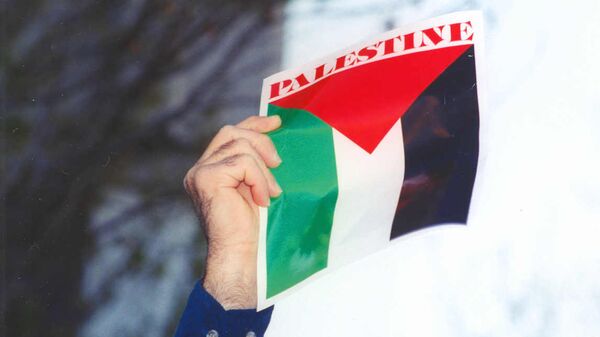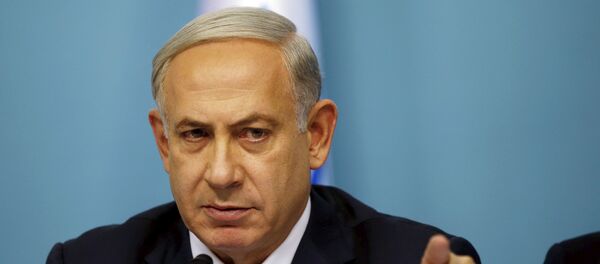"Palestine that once was a hot spot in the Middle East is today the most peaceful part of this region," Palestinian Ambassador to Belgrade Muhammed Nabhan told Sputnik Serbia.
Nabhan stressed that the position of the Palestinian political leadership is that dialogue is the only way to solve any problems and that the Palestinian authorities did everything to ensure that this principle was respected.
Another factor that helped Palestinians to prevent their state from destruction, Nabhan claimed, is the strong national identity of the Palestinian people.
"This [the Arab Spring] didn't happen, because the political consciousness of our people is stronger than in the Arab world. We have much better contacts between elites and ordinary people. We have nothing to hide. All that we do is legal and official. Our people see all the things we are doing. And even if it comes to conflicts in the society, they do not turn into chaos or anything that could destroy our entire system. We have a lot of things that we dislike and that we oppose, but not as much as to destroy the temple over our heads," the diplomat explained.
For his turn, Professor at the Department of International Politics and Security, University of Belgrade, Srdjan Perisic, also noted that Washington is the main generator of the crisis that has gripped the entire Middle East. According to him, one of the main factors that ensured the US' "success" in causing chaos in the region is the existence of the terrorist group Daesh.
"It's a mechanism of pressure on Assad, Iran, and Russia. The aim of American attacks on Mosul is not the destruction of Daesh, but its expulsion to the Western regions, as well as the displacement of refugees from Mosul in the direction of Syria," Peristic said. "The struggle for Aleppo is different from the fight for Mosul: in Aleppo, the state is fighting terrorists, while in Mosul, the US is putting pressure on those whom it considers its rivals in the struggle for influence in the Middle East," Peristic concluded.
The expert also noted that unlike in Syria and Libya, where external and internal destabilizing factors (US and Daesh) came together and caused chaos, such a scenario has not been typical for Palestine.



